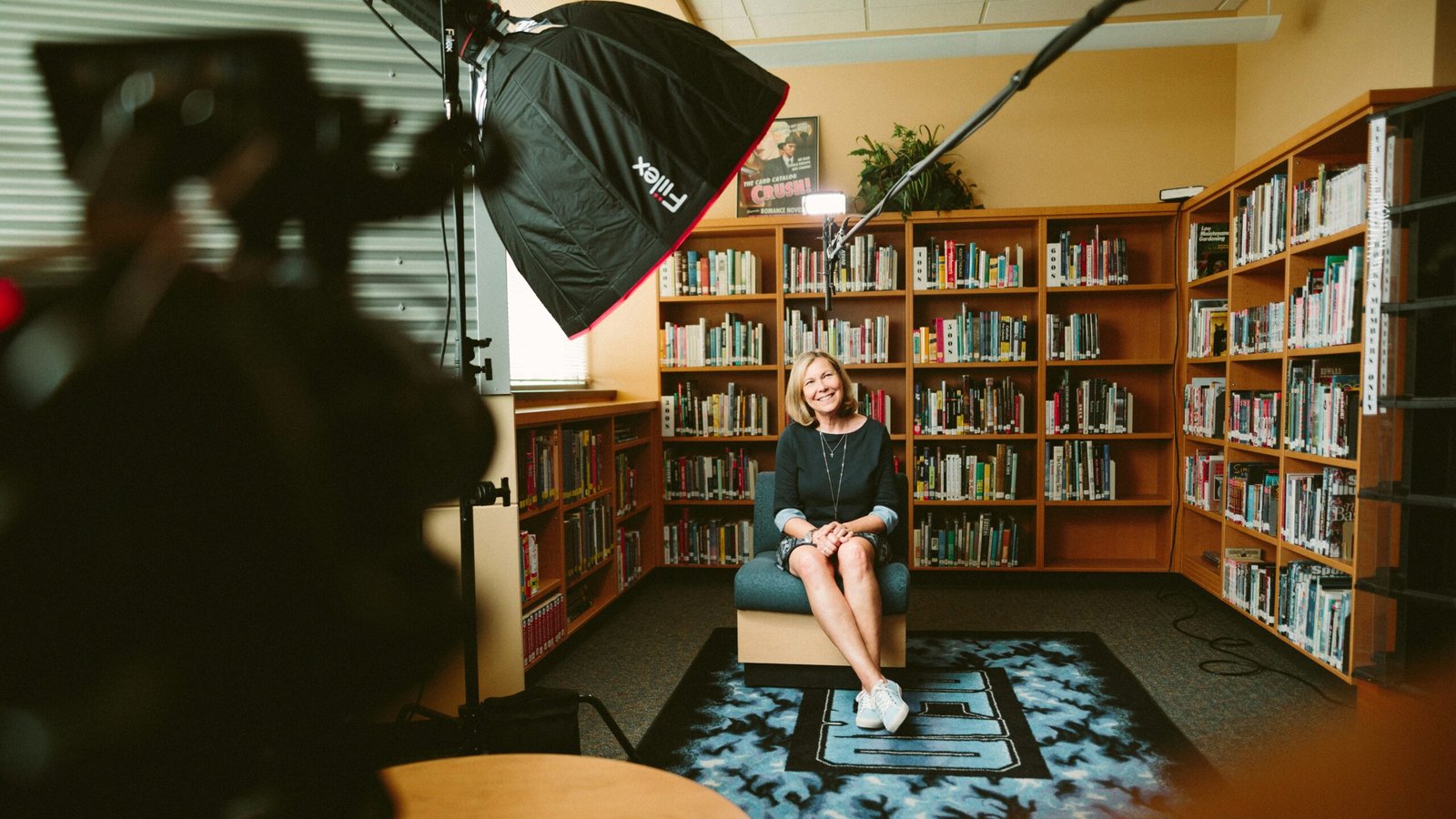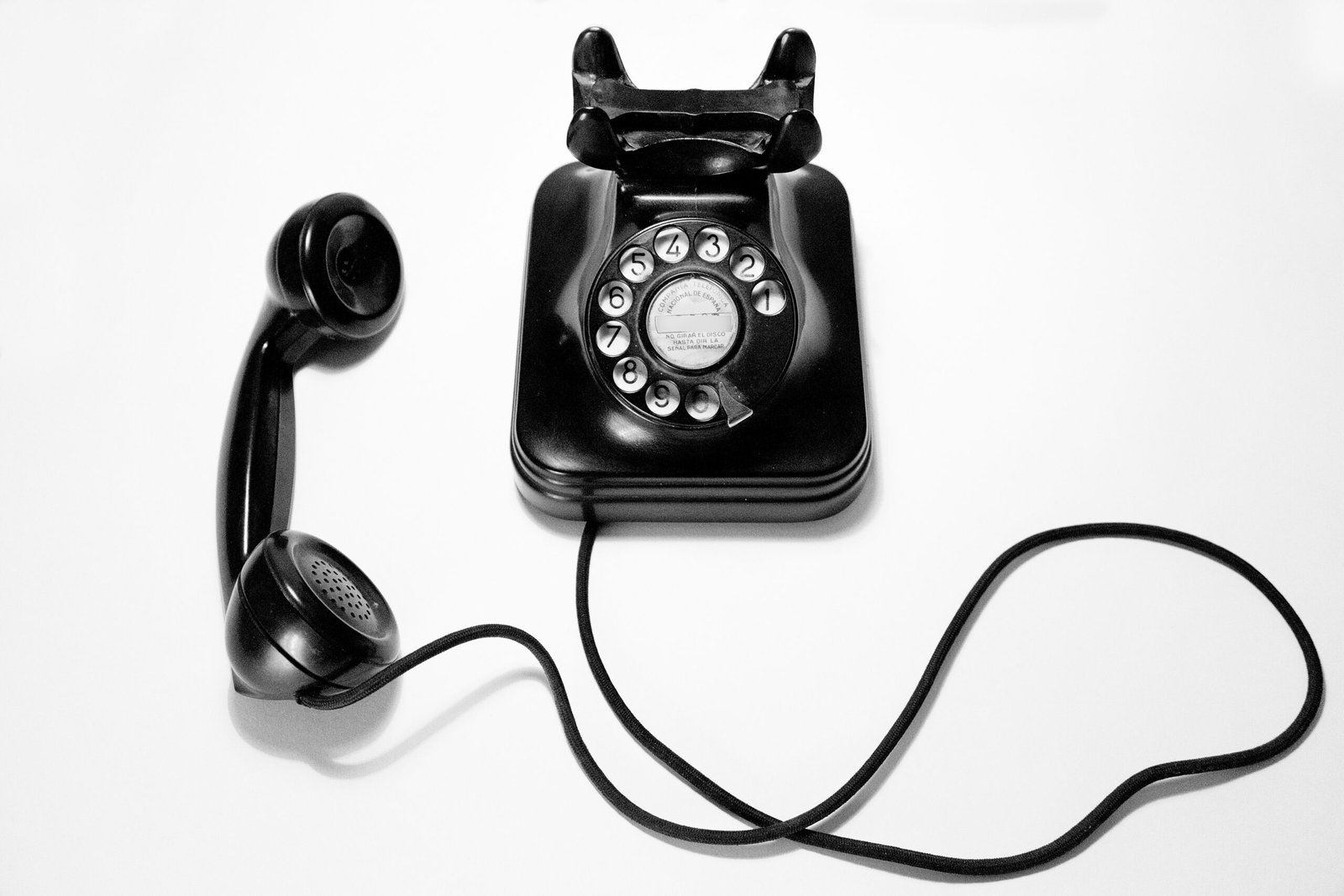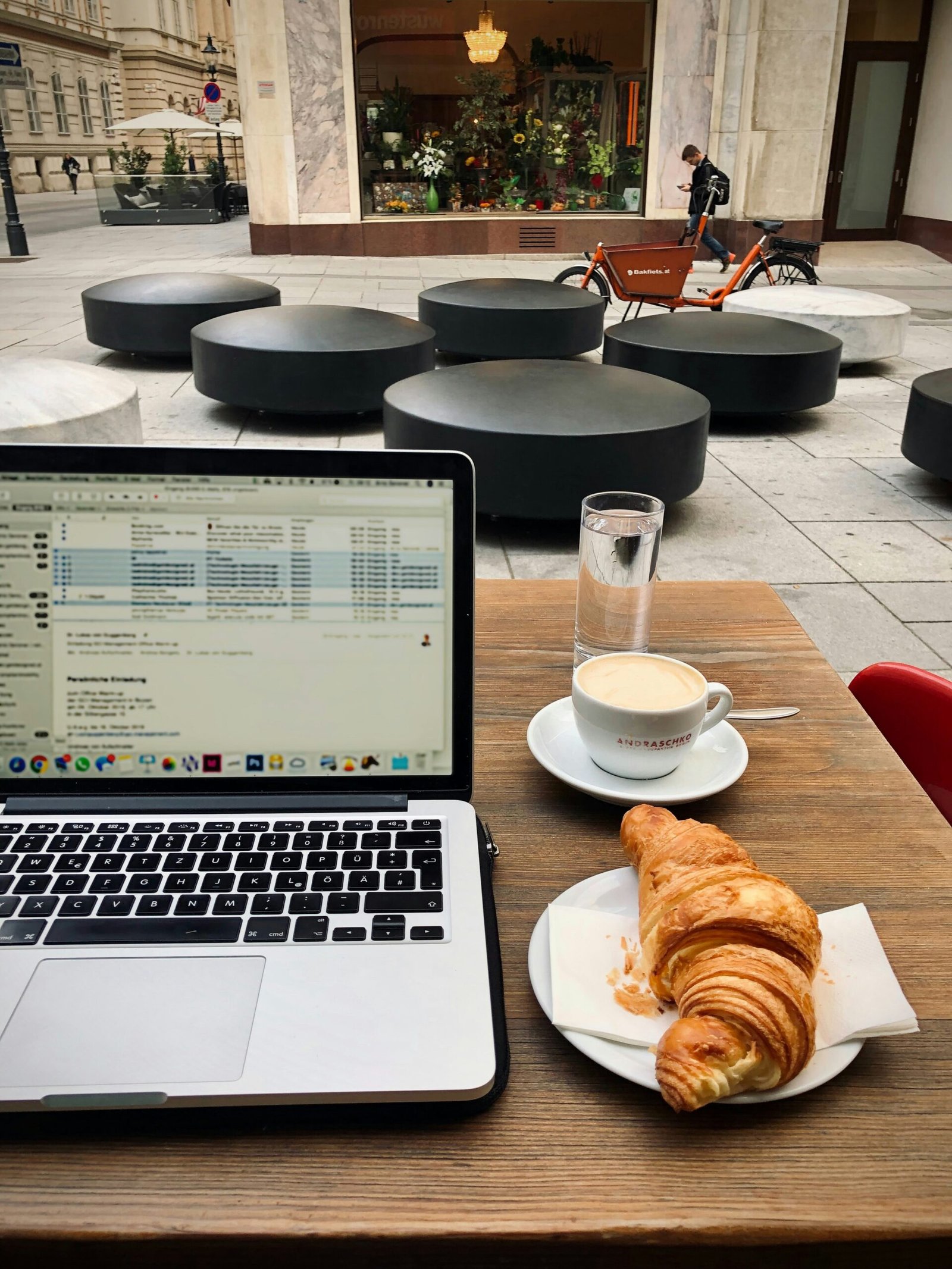Introduction to the ‘Tell Me About Yourself’ Question
The ‘Tell Me About Yourself’ question is a staple in the realm of job interviews, often serving as the opening inquiry posed by interviewers. Its prevalence is not without reason; this question provides a unique opportunity for candidates to set the tone for the entire conversation. Understanding its significance can be pivotal in making a memorable first impression.
At its core, the ‘Tell Me About Yourself’ question is designed to gauge your ability to articulate your personal and professional narrative succinctly. Interviewers use it as a litmus test to assess your communication skills, confidence, and how well you can present your background in relation to the job at hand. Given that first impressions are formed within seconds, this question allows you to steer the initial direction of the interview, providing a platform to highlight your most relevant experiences and attributes.
Moreover, this question offers a strategic moment to align your personal story with the job role you’re aspiring to fill. By thoughtfully curating your response, you can demonstrate how your past experiences, skills, and achievements have uniquely prepared you for the responsibilities of the position. It’s an avenue to subtly showcase your understanding of the company and the role, illustrating how you are a perfect fit for their team.
Therefore, mastering the ‘Tell Me About Yourself’ question is not merely about recounting your resume but crafting a narrative that underscores your qualifications while resonating with the interviewer’s expectations. It sets the stage for a compelling discussion, laying the groundwork for a successful interview. In essence, this question is your first and perhaps best chance to leave a lasting impression, making it a critical element of your interview preparation.
Understanding the Purpose of the Question
The ‘Tell me about yourself’ question is a staple in job interviews, serving multiple pivotal roles from the interviewer’s perspective. Firstly, it offers the interviewer a lens through which to evaluate your communication skills. A well-articulated response can demonstrate your ability to convey information clearly and effectively, a critical competency in virtually any professional environment. Additionally, the manner in which you answer also reflects your self-confidence; a poised and composed delivery can signal to the interviewer that you are comfortable and confident in professional settings.
Another crucial aspect of this question is its role in assessing your ability to succinctly summarize your background. Your response should provide a coherent narrative of your career journey, highlighting key experiences and skills that are directly relevant to the position you are applying for. This not only showcases your professional trajectory but also your ability to prioritize information—an essential skill in roles that require strategic thinking and decision-making.
Moreover, this question allows interviewers to gauge your level of self-awareness. A reflective and insightful answer can indicate that you have a clear understanding of your strengths, weaknesses, and the unique value you bring to the table. This self-awareness is often a predictor of how well you will be able to align your personal goals with the objectives of the organization, thus ensuring a mutually beneficial relationship.
Finally, the ‘Tell me about yourself’ question is an opportunity for interviewers to see if your experiences and skills are a good fit for the position. By tailoring your answer to highlight aspects of your background that are most relevant to the job, you can effectively demonstrate how your past experiences have prepared you for the role at hand. This not only reinforces your suitability for the position but also shows that you have taken the time to understand the job requirements and align your narrative accordingly.
Creating a Compelling Story Line
Crafting a compelling story line for the ‘Tell Me About Yourself’ interview question is crucial in presenting a cohesive narrative of your professional journey. A well-structured story should have a clear beginning, middle, and end, effectively showcasing your career trajectory and personal growth. By carefully selecting key experiences and achievements, you can make a strong impression on your interviewer and highlight your suitability for the job.
Begin your story with a brief introduction of your background, such as your education or early career choices. This sets the stage and provides context for your professional development. For example, you might start by mentioning your academic qualifications or an initial role that sparked your interest in your field. This introduction should be concise, providing just enough information to establish your foundational experiences.
The middle of your story is where you elaborate on your key professional experiences and achievements. Focus on those that are most relevant to the position you are applying for, as this helps to demonstrate your qualifications and suitability for the role. Highlight specific projects, roles, or accomplishments that showcase your skills, expertise, and progression. Use quantifiable achievements where possible, such as “increased sales by 20%” or “managed a team of 10,” to provide concrete evidence of your capabilities.
Conclude your story by tying your past experiences to your current aspirations and the role you are interviewing for. Explain how your previous roles have prepared you for this opportunity and how you see yourself contributing to the organization. Emphasize your growth and development, showing that you are continuously evolving and ready to take on new challenges. This final part should leave the interviewer with a clear understanding of your career trajectory and your readiness for the role.
By structuring your response with a clear beginning, middle, and end, you can create a compelling narrative that not only captures your professional journey but also aligns your experiences with the job you are seeking. This approach helps to make your story memorable and effectively communicates your value as a potential employee.
Developing Your Personal Narrative
Crafting a compelling personal narrative is a critical component of acing the ‘Tell Me About Yourself’ interview question. This narrative should be a carefully balanced blend of personal anecdotes and professional achievements, underscoring your values, work ethic, and passions. Authenticity is key; interviewers can easily discern when a candidate is being disingenuous. A genuine narrative not only makes you memorable but also helps establish a rapport with the interviewer.
Begin by reflecting on pivotal moments in your life that have shaped who you are today. These could be experiences from your education, previous job roles, volunteer work, or personal projects. Choose anecdotes that highlight qualities pertinent to the job you are applying for. For instance, if the role demands strong leadership skills, recount a situation where you successfully led a team through a challenging project. This approach ensures that your personal stories are not just interesting but also relevant to the position.
While it’s important to include personal details, moderation is crucial. The goal is to present a well-rounded picture of yourself, blending personal and professional facets seamlessly. Mention hobbies or interests that demonstrate transferable skills or qualities. For example, if you are an avid marathon runner, you might discuss how the discipline and perseverance required in training have honed your work ethic and resilience.
Strive to connect each personal anecdote to a professional accomplishment. This connection not only keeps your narrative cohesive but also underscores your suitability for the role. For instance, you might share a story about how a passion for technology led you to spearhead an innovative project at your previous job, showcasing both your enthusiasm and your professional capabilities.
Ultimately, your personal narrative should be a succinct yet comprehensive story that paints a vivid picture of who you are, both as an individual and as a professional. By carefully balancing personal details with professional achievements, you can create a narrative that is both engaging and relevant, effectively setting the stage for the rest of the interview.
Defining Your Personal Brand
In the realm of job interviews, the concept of personal branding has become increasingly significant. Personal branding involves recognizing and conveying your unique strengths, skills, and attributes that set you apart from other candidates. It’s an essential aspect of responding effectively to the ‘Tell Me About Yourself’ interview question.
To begin defining your personal brand, start with a self-assessment. Identify your core competencies, achievements, and experiences that have shaped your professional identity. Reflect on what makes you unique—whether it’s your problem-solving abilities, leadership skills, or creative thinking. This introspection helps in crafting a narrative that highlights your value proposition to potential employers.
Once you have a clear understanding of your strengths, the next step is articulation. Communicate your personal brand succinctly by creating a compelling elevator pitch. This pitch should encapsulate who you are, what you do, and why you do it, all in a brief and engaging manner. Practice presenting this narrative to ensure it comes across as confident and genuine during the interview.
Aligning your personal brand with the company’s values and mission is crucial. Research the organization thoroughly to understand its culture, goals, and the qualities it values in its employees. Tailor your narrative to reflect how your personal brand resonates with the company’s ethos. For instance, if the company emphasizes innovation, highlight instances where your creativity led to significant improvements or breakthroughs in your previous roles.
Additionally, consistency in your personal brand across various platforms—such as your resume, LinkedIn profile, and during interviews—reinforces your professional identity. Ensure that the story you tell is coherent and aligns with the image you wish to project.
By defining and articulating your personal brand effectively, you not only answer the ‘Tell Me About Yourself’ question with confidence but also leave a lasting impression on potential employers.
Making a Strong First Impression
First impressions are crucial, particularly in an interview setting where they can set the tone for the entire interaction. The way you present yourself in the initial moments can significantly influence the interviewer’s perception of you. To make a strong first impression, it is essential to dress appropriately for the occasion. Opt for attire that aligns with the company’s culture; when in doubt, err on the side of formality. A well-fitted suit or professional dress can convey a sense of competence and respect for the opportunity.
Beyond attire, good posture and positive body language are paramount. Stand and sit upright to exude confidence and attentiveness. Avoid crossing your arms or slouching, as these can signal disinterest or insecurity. A firm handshake is another key element; it should be neither too weak nor overly aggressive. This gesture, coupled with maintaining appropriate eye contact, helps to establish a connection and demonstrates your confidence and sincerity.
Managing nervousness is also critical in projecting self-assurance. Deep breathing exercises can help to calm your nerves before the interview. Practice mindfulness techniques to stay present and focused. It’s beneficial to rehearse your answers to common questions, including “Tell me about yourself,” which can further boost your confidence. Speaking at a measured pace and pausing to collect your thoughts can also aid in reducing anxiety and ensuring clear communication.
Finally, remember that a confident demeanor extends beyond words. Smile genuinely, listen actively, and nod occasionally to show engagement. These small but impactful gestures can leave a lasting positive impression. Mastering these elements can help you navigate the “Tell me about yourself” question and the broader interview with poise and confidence, setting a strong foundation for a successful interaction.
Effective Communication Techniques
Mastering the “Tell me about yourself” interview question requires more than just knowing what to say; it also demands effective communication techniques that enhance your response. First and foremost, clarity is paramount. Ensure that your story is easy to follow by structuring it logically. Start with a brief introduction, followed by key highlights of your professional journey, and conclude with why you are interested in the role. This structure helps maintain coherence and ensures that you cover all necessary points without overwhelming the interviewer.
Conciseness is another critical aspect. While it is important to provide enough detail to paint a clear picture of your background, avoid lengthy explanations that may lose the interviewer’s interest. Aim to keep your response between one to two minutes, striking a balance between depth and brevity. This can be achieved by focusing on the most relevant experiences and achievements that align with the job you are applying for.
Maintaining a positive tone throughout your response can leave a lasting impression. Speak about your past experiences and achievements with enthusiasm, highlighting your passion and dedication. This not only showcases your confidence but also makes your story more engaging. Additionally, appropriate pacing is crucial. Speaking too quickly can make it difficult for the interviewer to follow your story, while speaking too slowly can come across as monotonous. Practice your pacing to ensure a smooth and natural delivery.
Active listening is a vital yet often overlooked aspect of effective communication during an interview. Pay close attention to the interviewer’s reactions and body language. This can provide valuable feedback on whether your response is resonating with them, allowing you to adjust your storytelling accordingly. Furthermore, practicing your response multiple times before the interview can significantly enhance your delivery. Rehearsing helps you internalize your story, making it easier to convey your message confidently and fluidly.
Incorporating these effective communication techniques can transform your response to the “Tell me about yourself” question from ordinary to exceptional, setting the stage for a successful interview.
Conclusion and Final Tips
In conclusion, mastering the ‘Tell Me About Yourself’ interview question is a crucial skill that can significantly impact the outcome of your job interview. Throughout this blog post, we have discussed the importance of structuring your response effectively, aligning your answer with the job description, and highlighting your key strengths and experiences. Remember, preparation and practice are essential components in delivering a confident and compelling response.
First and foremost, take the time to thoroughly research the company and the role for which you are applying. This will enable you to tailor your answer to reflect the specific attributes and qualifications that the employer values. Additionally, practicing your response multiple times will help you become more comfortable and natural in your delivery.
When faced with the ‘Tell Me About Yourself’ question, it is vital to stay calm and composed. Nervousness is natural, but maintaining a poised demeanor can make a positive impression. Take a deep breath before you start speaking, and remember to pace yourself. It’s not a race; clarity and coherence are far more important than speed.
Finally, view this question as an opportunity to tell your unique story. Use it to highlight not only your professional achievements but also your personal qualities and motivations. This is your chance to differentiate yourself from other candidates and leave a memorable impression on the interviewer. Crafting a narrative that connects your past experiences with your future aspirations can be particularly effective.
In summary, with thorough preparation, structured practice, and a calm, focused approach, you can master the ‘Tell Me About Yourself’ interview question. Embrace it as a platform to showcase your unique story and let your personality shine through. This will not only help you stand out but also set the tone for a successful interview.





